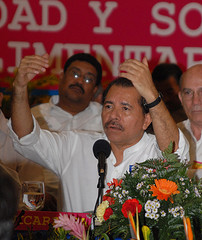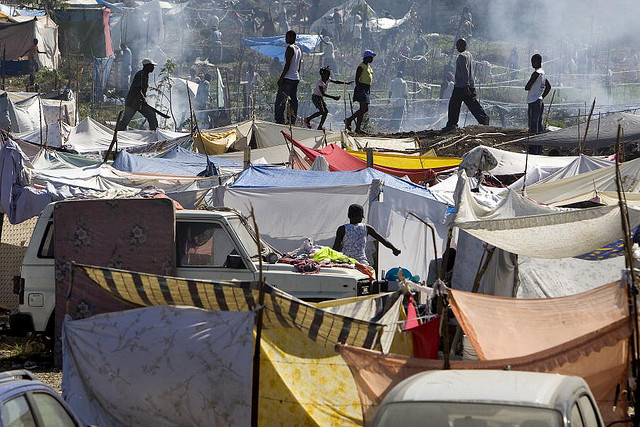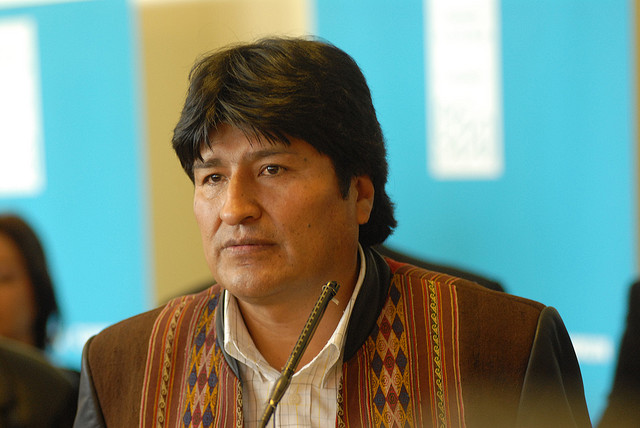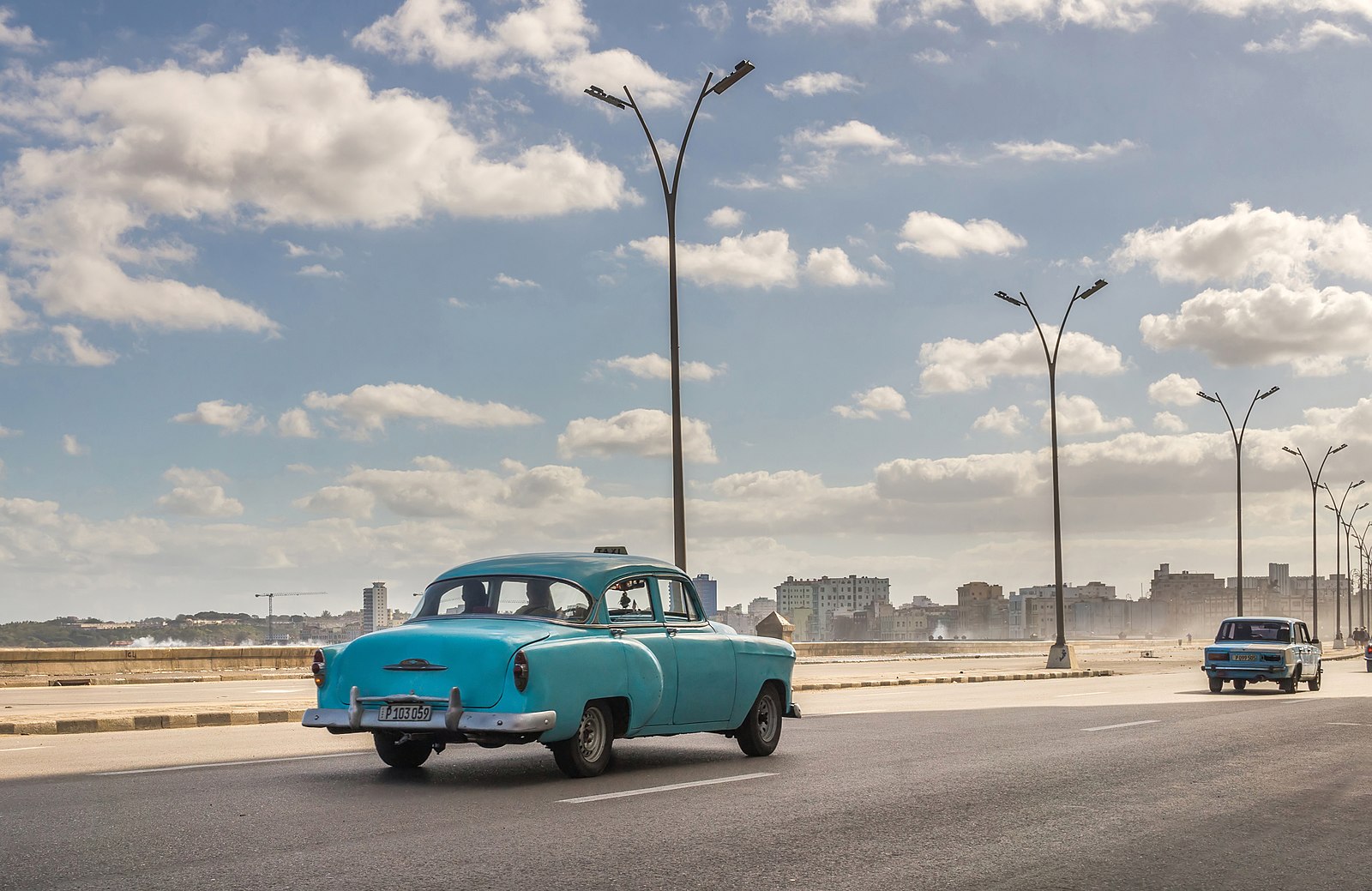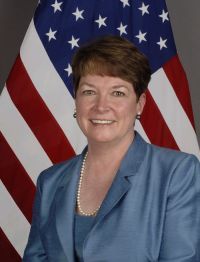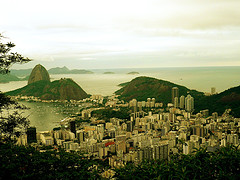
Latin America: Week in Review, Nicaragua
Nicaraguan Electoral Council Gives OK To Daniel Ortega Candidacy
April 7, 2011 By Staff
Today in Latin America
Top Story — Nicaragua’s Supreme Electoral Council decided Tuesday to formally allow President Daniel Ortega to run for reelection, the Associated Press reports.
Opposition politician María Eugenia Sequeira of the Alianza Nicaragüense por la Esperanza party was the first to announce the decision when she mentioned the news on Wednesday. Nicaraguan law requires the Supreme Electoral Court to publish its decisions in the press, but it failed to do so, AP reports.
Ortega’s candidacy has sparked a wave of protest since he first announced it, because article 147 of Nicaragua’s Constitution prohibits consecutive reelection and limits the number of terms one person can serve to two. Ortega’s candidacy would constitute a bit for a consecutive term and he is already serving his second term as president.
The Supreme Court permitted Ortega’s candidacy regardless, declaring the constitutional restriction inapplicable.
Mass demonstrations both for and against Ortega have taken place in the capital of Managua in recent days, with the government mobilizing more supporters than the opposition, according to the Christian Science Monitor. Clashes on Saturday left 20 police and dozens of protesters injured.
Nicaragua will hold its presidential election on Nov. 5.
Headlines from the Western Hemisphere
North America
- The Mexican attorney general’s office created a whistleblower program that rewards those who report suspected money laundering, even as U.S. enforcement officials voice skepticism in it.
- A top U.S. military official said that Mexico’s drug cartels get much of their weapons from stockpiles in Central America left over from conflicts in the region in the 1980s and 1990s.
Caribbean
- The oil platform expected to begin drilling this summer in Cuban waters of the Gulf of Mexico is one of the “world’s safest and most modern” and will operate under “very strict” regulations, a senior government engineer said Tuesday.
- Cuba will resume mail delivery to the United States starting on April 6, keeping with the more flexible postal security measures implemented by Washington.
Central America
- Honduran teachers decided to return to classes after five weeks of protests in order to facilitate dialogue with the government about their job demands.
Andes
- Colombian President Juan Manuel Santos reiterated Wednesday that he plans to extradite to Venezuela and not to the U.S. a suspected drug trafficker.
- Left-wing nationalist Ollanta Humala is set to win the first round of Peru’s presidential election on Sunday as poor voters rally behind him.
- Bolivia has fallen from the second-largest to the sixth-biggest holder of proven gas reserves in South America, with Peru now in second place behind Venezuela.
- U.S. President Barack Obama will receive Colombian President Juan Manuel Santos for talks on a long-pending bilateral trade accord, the White House announced Wednesday.
Southern Cone
- Brazil said it will not halt work on its massive hydro-electric dam in the Amazon rainforest, despite a request by the Inter-American Commission on Human Rights to address the concerns of indigenous people in the area.
- The Argentine government asked lawmakers Wednesday to pass an anti-money laundering bill before June, or the country could be blacklisted for having weak financial controls.
- Uruguayan Economy Minister said the country plans to swap part of its foreign-currency bonds for debt denominated in pesos this year.
Image: Presidencia de la República del Ecuador @ Flickr.
